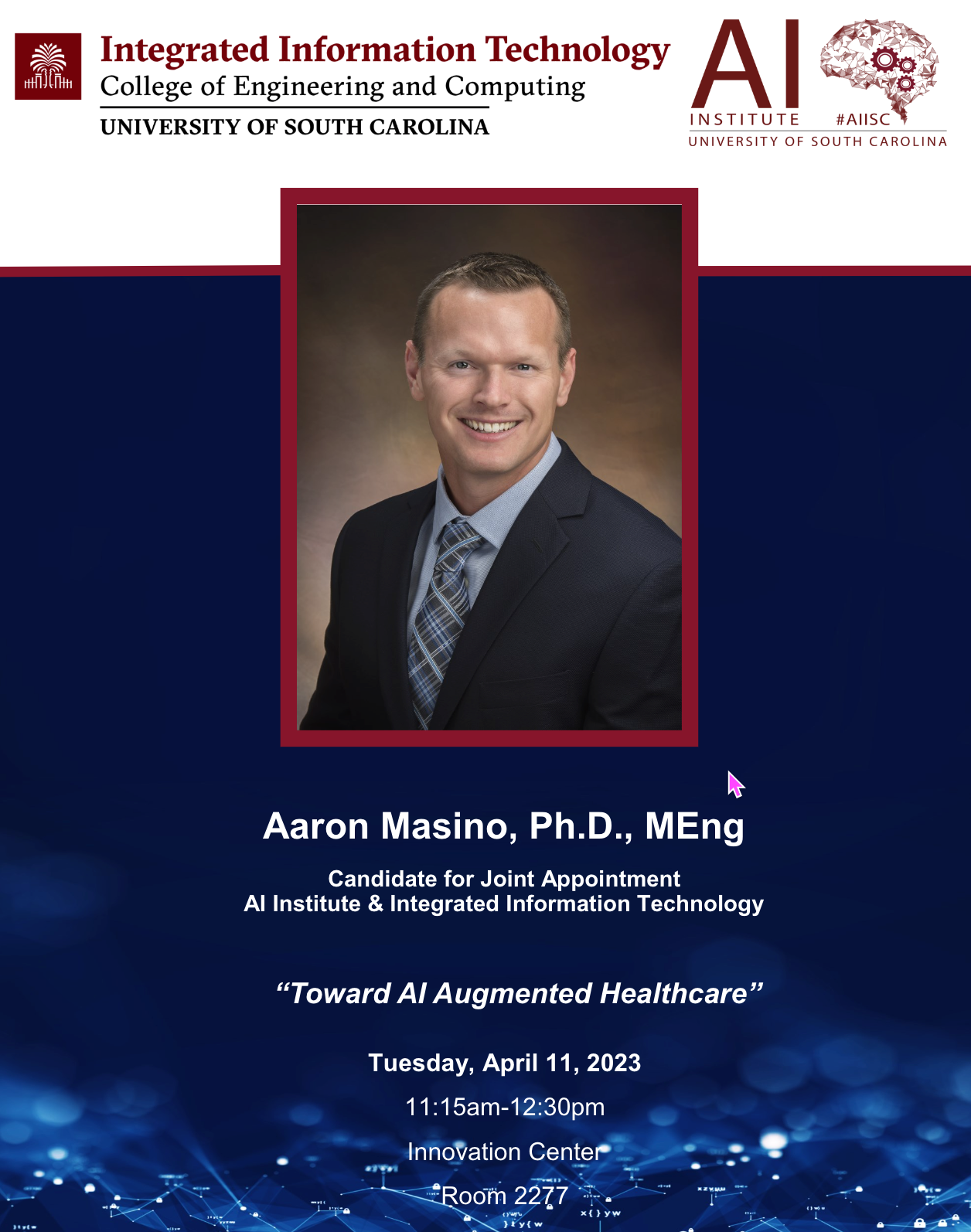- 33 views
Advances in artificial intelligence (AI) and the increasing digitization of healthcare data promise significant advances in disease understanding, therapeutic development, patient treatment and, ultimately, improvement in health outcomes. However, many technical and anthropological challenges must be addressed if AI is to fulfill this potential. In this talk, we will first discuss a conceptual framework for conducting AI based clinical decision support (CDS) research that includes qualitative research to understand clinician needs, AI method development and applications research, and aspects of implementation science to address barriers to system adoption. In the context of this framework, we will consider three research studies focused on AI utilization in healthcare applications: (1) development of a sepsis early warning system for neonatal intensive care units; (2) automated recognition of adverse event descriptions in social media and electronic health records (EHRs); and (3) subtyping of traumatic brain injury (TBI). For the sepsis study, we will discuss challenges related to AI systems that must continuously update predictions for patients including concerns over false alarm rate and model interpretability. Relative to adverse event detection, we will discuss natural language processing and deep learning methods. For TBI subtyping, we will see an application of unsupervised learning on EHR data and correlation between baseline subtypes and long-term outcomes. Along the way, we will discuss topics related to predictive model development, unsupervised learning, explainable AI, and the need for domain expert collaboration. Finally, we will discuss ideas for future directions for each of these studies.
Dr. Aaron Masino is currently the Senior Director of Clinical Data Science at AiCure where he provides scientific leadership for novel digital biomarker development and clinical data science research. Previously, he was an Assistant Professor in the Department of Anesthesiology and Critical Care in the Perelman School of Medicine at the University of Pennsylvania and The Children's Hospital of Philadelphia where he conducted research focused on the application and development of machine learning methods to challenges in pediatric medicine. Dr. Masino also served as a senior scientist at MZA Associates Corporation where he developed advanced adaptive optics control algorithms. He holds a PhD in Applied Mathematics and a Masters of Engineering in Aerospace Engineering.Specialties: Machine learning, deep learning, NLP, data science, software development, biomedical informatics, python, pytorch, tensorflow
